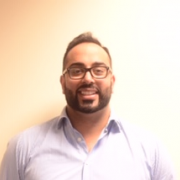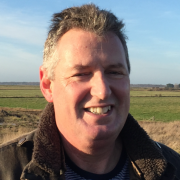Being involved in the training of GP Trainees or Foundation Doctors in GP posts can be one of the most rewarding and stimulating aspects of a GP career. Please see the video below:
Here's just a few of the big advantages of being involved in GP Training - according to our current Educators:
-
Being involved with trainees helps the trainer and the practice remain "up to date" with clinical developments.
-
Teaching and training provides variety to the working week, helping GPs to retain enthusiasm.
-
A sense of self-satisfaction from helping develop the next generation of GPs.
-
Huge gratitude and appreciation from the trainees for your help.
-
Support to develop ones skills as an educator, and cross-fertilisation of ideas from Trainers Groups and Development Days.
-
Being involved in training is an advantage for GP recruitment - both directly by training your next colleague and by enabling you to attract potential recruits attracted by the training status.
-
Approval as a training practice is one indication of high standards of organisation and patient care.
Enthused? Head here to learn about the training pathways to be an Educator and here to learn how to apply.
If you are interested in becoming an educator, whether you work full time or part time, please first contact your local Training Hub who are able to support and guide you through this process. The Training Hub can facilitate backfill for time needed to complete the training and provide help and advice on completing application forms. Please also contact your local Out of Hours Clinical Director and local Training Programme Directors so that they are aware of your intentions.
Meet a few of our educators and discover why they love educating GPs.....
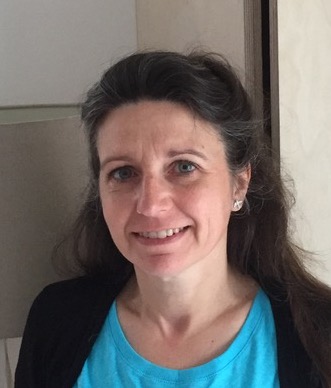
"Although I have been practicing as a GP for a good few years, I only qualified as a GP trainer in 2017. The road to accreditation is varied and I started out along the academic route at Anglia Ruskin University with their MACE course before switching to the more vocational conversion course run by the Deanery.
Where ever I have worked there has been a strong teaching ethos where experience filters through and this supports everyone all the way through to the trainee.
There are many benefits personally and from a practice perspective regarding training.
Just like weight watchers! when someone is watching you, can not get stuck in your ways, your guidelines...
Training future GP’s helps strengthen the links down the generations and can help keep us younger at heart.
I hope, dealing with the psychology of people, the art of medicine, there is much to impart that can not be learnt from a book - and is what can make the job most rewarding.
When it works well, there is symbiosis."
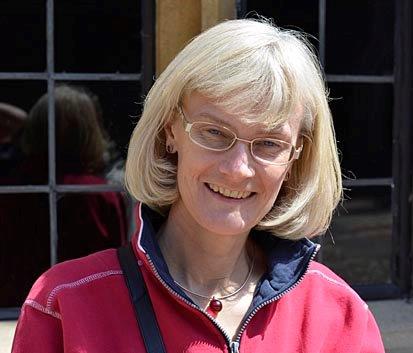
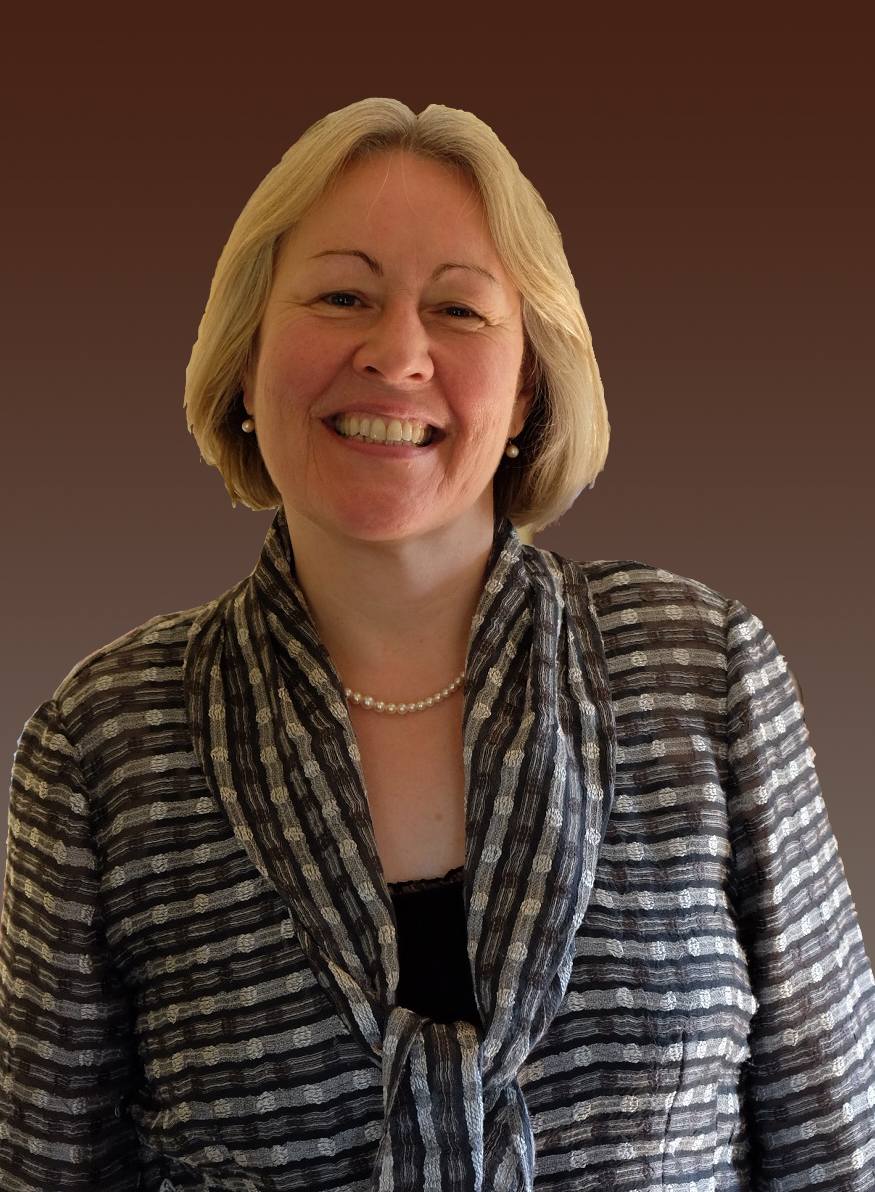
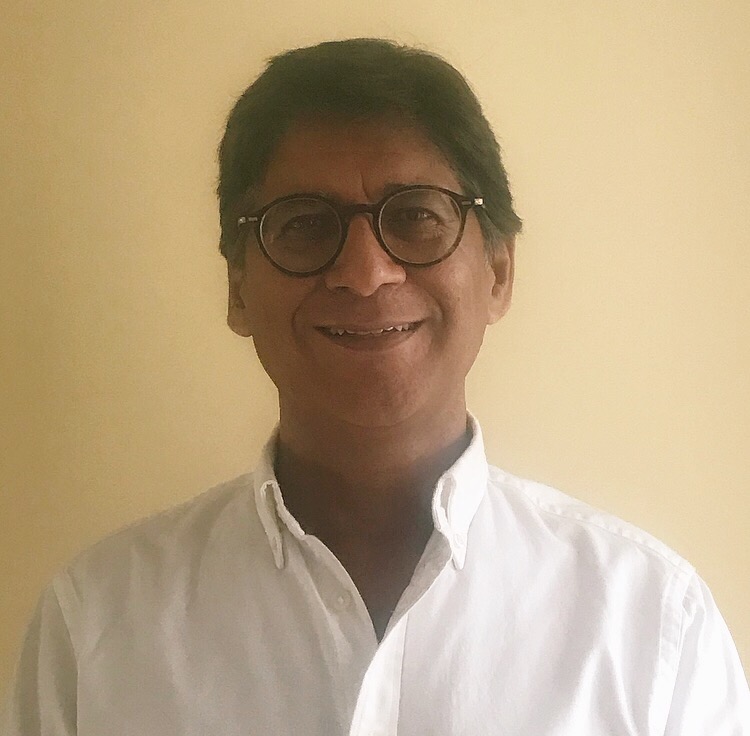
"I became involved with GP education soon after I qualified as a GP and both roles have provided me with enormous satisfaction during my professional career. Being an educator has always kept me on my toes and enabled me to keep my clinical knowledge up to date. However, the real pleasure comes from helping trainees develop and progress to become GPs, and encouraging them to become educators in their own right. The road to success is not always a straightforward one and it is a privilege to be in a position to provide guidance and support to trainees and our future colleagues."
